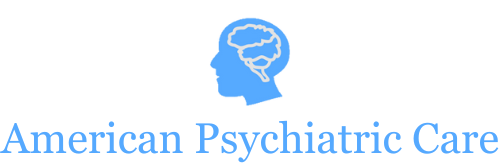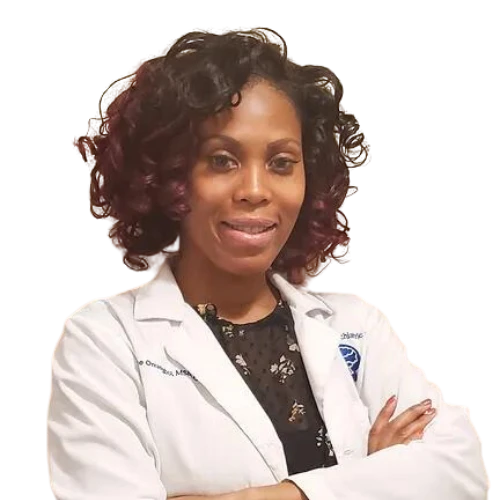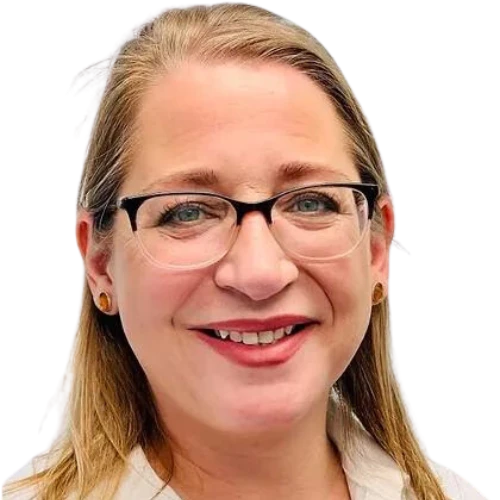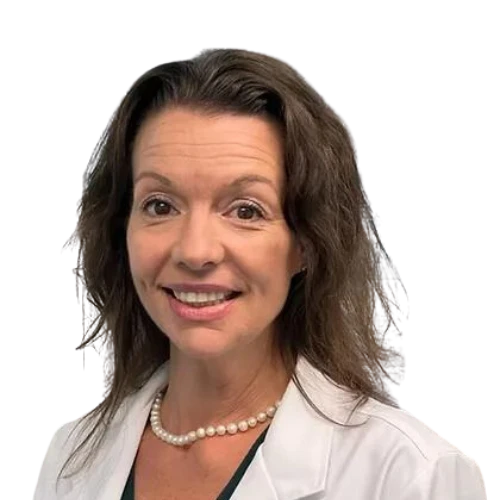Medications for Substance Use Disorders
The use of medications, in combination with counseling and behavioral therapies, to provide a “whole-patient” approach to the treatment of substance use disorders. Medications used are approved by the Food and Drug Administration (FDA) and are clinically driven and tailored to meet each patient’s needs.
Research shows that a combination of medication and therapy can successfully treat substance use disorders, and for some medications can help sustain recovery. Medications are also used to prevent or reduce opioid overdose.




Locations
Bel Air
2014 S.Tollgate Rd
Suite 208
Bel Air MD
21015
Silver Spring
11886 Healing Way Suite 504 Silver Spring MD 20904
White Marsh
5009 Honeygo Center Dr Suite 200 Perry Hall MD 21128
Comprehensive Mental Health Services

Child, Adult & Geriatric Psychiatric Clinic:
Tailored evaluations
and treatments
for all age groups.

TMS Brain Stimulation
Center:
FDA approved treatments for conditions like Depression, OCD, fibromyalgia, and chronic insomnia.

Spravato REMS Certified Center:
Specialized care for
Treatment resistant
depression in adults.

Dementia assessment and treatment:
Comprehensive dementia assessment and effective treatment for enhanced quality of life.

ADHD testing
and treatment:
We provide ADHD testing and treatment services for improved clarity and well-being.

Substance Abuse
Treatment:
Offering treatments like Suboxone,
Vivitrol, Antabuse,
and Acamprosate.
Meet Our Professionals


Ravikumar Bhalavat
What Our Patient Say About Us




The ultimate goal is full recovery, including the ability to live a self-directed life. This treatment approach has been shown to:
- Improve patient survival
- Increase retention in treatment
- Decrease illicit opiate use and other criminal activity among people with substance use disorders
- Increase patients’ ability to gain and maintain employment
- Improve birth outcomes among women who have substance use disorders and are pregnant

Research also shows that these medications and therapies can contribute to lowering a person’s risk of contracting HIV or hepatitis C by reducing the potential for relapse. Learn more about substance misuse and how it relates to HIV, AIDS, and Viral Hepatitis.

Opioid use disorder
Buprenorphine, methadone, and naltrexone are the most common medications used to treat OUD. These medications operate to normalize brain chemistry, block the euphoric effects of alcohol and opioids, relieve physiological cravings, and normalize body functions without the negative and euphoric effects of the substance used.
Buprenorphine, methadone, and naltrexone are used to treat OUD to short-acting opioids such as heroin, morphine, and codeine, as well as semi-synthetic opioids like oxycodone and hydrocodone. These medications are safe to use for months, years, or even a lifetime. As with any medication, consult your doctor before discontinuing use.

Alcohol use disorder
Acamprosate, disulfiram, and naltrexone are the most common medications used to treat alcohol use disorder. They do not provide a cure for the disorder but are most effective for people who participate in a treatment program. Learn more about the impact of alcohol misuse and AUD.



